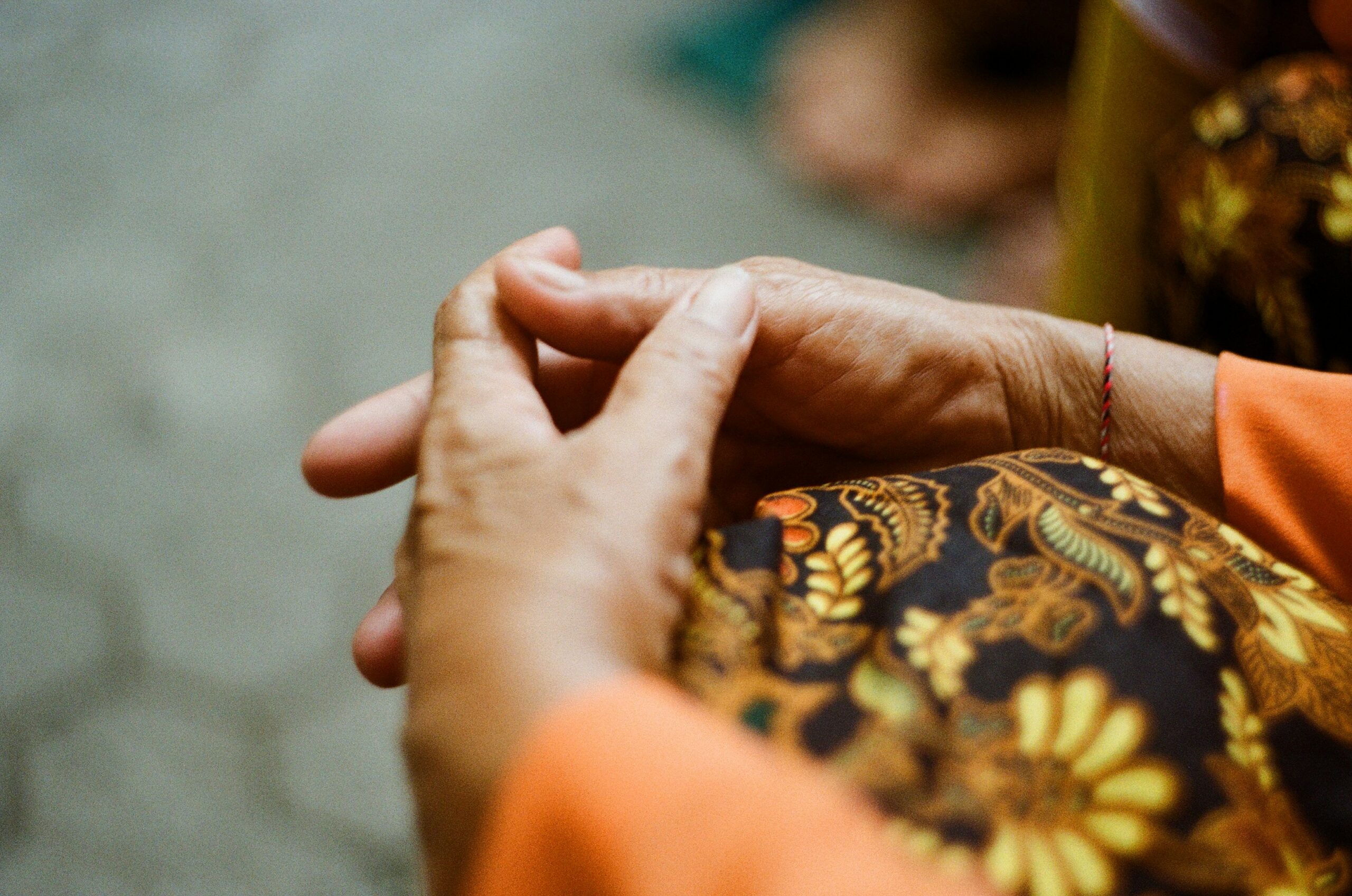Studying
Stop Telling General Arts Students They Are Not Going To Find A Job!
The world of work is getting more competitive with inflated credentials required for positions which once required only a high school diploma, with the disappearance of “good” jobs because of offshoring, technology replacing people and so on. Educational and career counselling ought to be introduced at an early stage to ensure clarity when young people transition from high school to university and beyond. It is all too common to hear from some university graduates that their program was so abstract or historically based that they think their degrees are useless because they are working in fields unrelated to their academic training.
Students in general arts programs particularly seem to buy into these unwarranted misconceptions about the worthlessness of their degree. They feel that they will have difficulty finding meaningful employment once they have completed their studies. These students may be experiencing “general arts anxiety.” What am I going to school for? What is this degree going to do for me? I don’t know what I am going to do with my life? Can I learn something that will get me a job? These are the questions students in general arts programs deal with and at times these uncertainties consume their university experience. What is worse, their friends and their parents often add fuel to the fire by convincing them to switch to a more “practical” education so that they can get a “good job” rather than use their education to find meaningful work. Neither the parents nor the students see that, during their four years of study, they are developing many employability skills. The debate about the value of a general arts degree versus specific training continues.
Extensive research regarding the employability of the person with the general arts degree versus the person with a technical or vocational degree indicates that the graduate with the technical or vocational degree takes less time to find a job after graduation. But research also shows that those with general arts degrees experience a lower incidence of unemployment in the long term than those with specific degrees. In many ways, a general arts degree equips students with a variety of skills that can be widely applied in the world of work. Thus the general arts graduate has an expanded range of employment options. Students suffering from “general arts anxiety” need to know theses facts.
Successfully completing a four-year undergraduate program, whether one studies English literature, philosophy or sociology should be deemed a career achievement. This achievement is a sign of competence and seriousness. The courses studied help young people develop and demonstrate, for example, effective composition and textual comprehension skills which they can use in the world of work. In other words, university is a training ground. University arts programs teach students how to work efficiently and effectively while under pressure. Employers do not hire and keep employees for the memorized knowledge that they have stored in their heads; they ultimately value and seek out individuals who can think critically, synthesize complex information, and communicate data by packaging it into services and/or products for the end user.
Students often feel that a lot of what they are learning has little relevance outside the world of academia. Students not planning to continue their education after completing their undergraduate studies have the misconception that their “degree” is what employers are mainly concerned with when selecting a candidate.
Arts students need to recognize that many important aspects of a university education are not in the curriculum. Furthermore, what is focused on in the classroom may not constitute everything that any particular undergraduate program has to offer its students. There are countless optional services and volunteer positions that present opportunities to students for personal/social growth and the forming of their career identities. Actively interacting with professors, fellow students, and staff develops strong teamwork skills and professional etiquette. Involvement in volunteerism allows students, who worry about the abstract nature of their subject of study, a chance to gain hands-on experience and networking possibilities, while helping others. Consulting with career counsellors or program directors also offers the general arts students vast opportunities for showcasing their practical skills and abilities.
In short, general arts students may want to think about their undergraduate program as a vehicle for their overall education rather than a finite set of learning objectives and mandatory readings. To dispel the “general arts anxiety” they need to reflect on what they can do with their degree rather than what the degree is going to do for them.
Sonny Wong, M.Ed., is the Faculty of Arts Career Counsellor at Ryerson University. Andrew Chilton is a fourth year Arts and Contemporary Studies student at Ryerson University.




